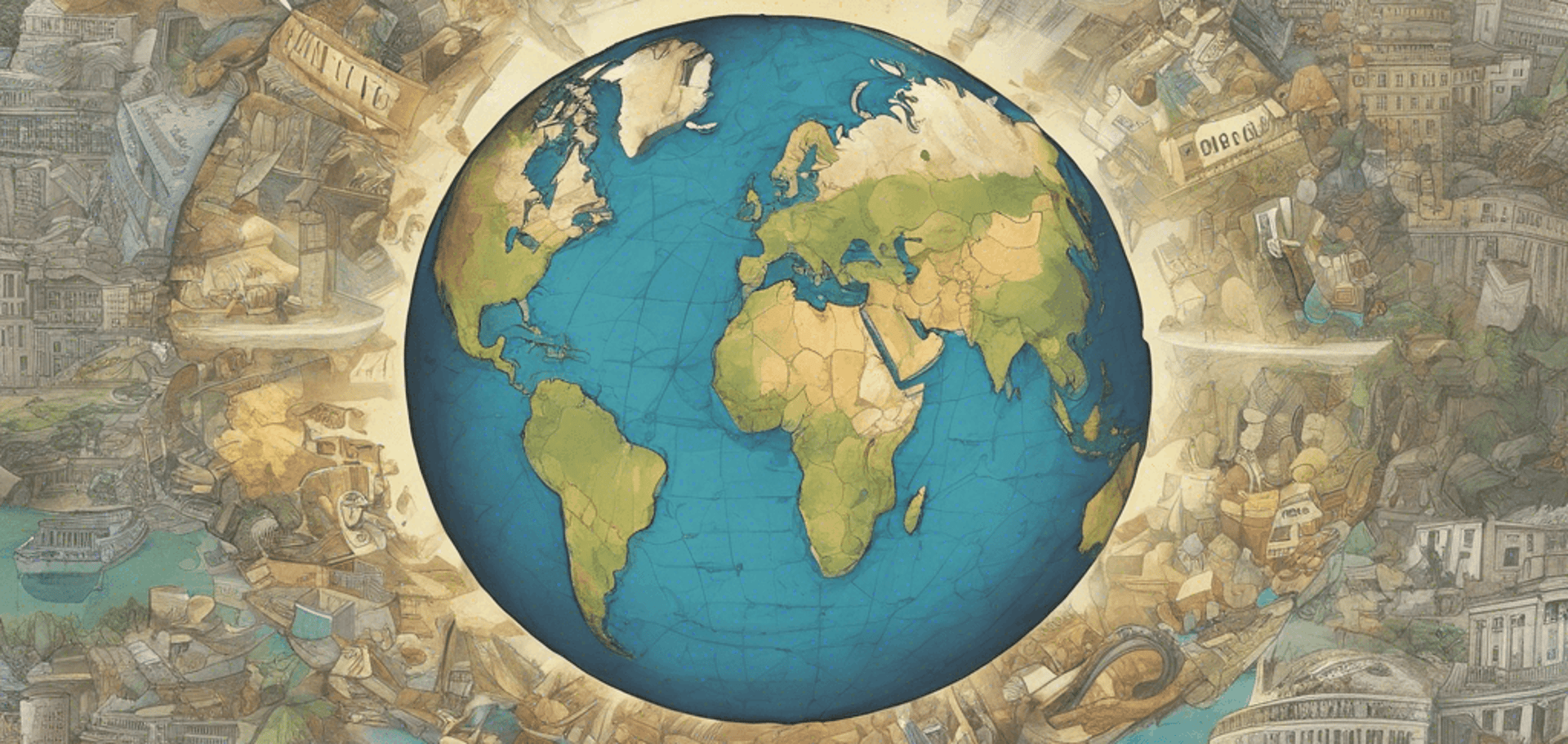
It's My View
Exploring Diverse Topics & Opinions
Stay informed about the latest scandals, policy debates, election campaigns, geopolitical conflicts, and social movements that shape our daily lives.

Stay informed about the latest scandals, policy debates, election campaigns, geopolitical conflicts, and social movements that shape our daily lives.